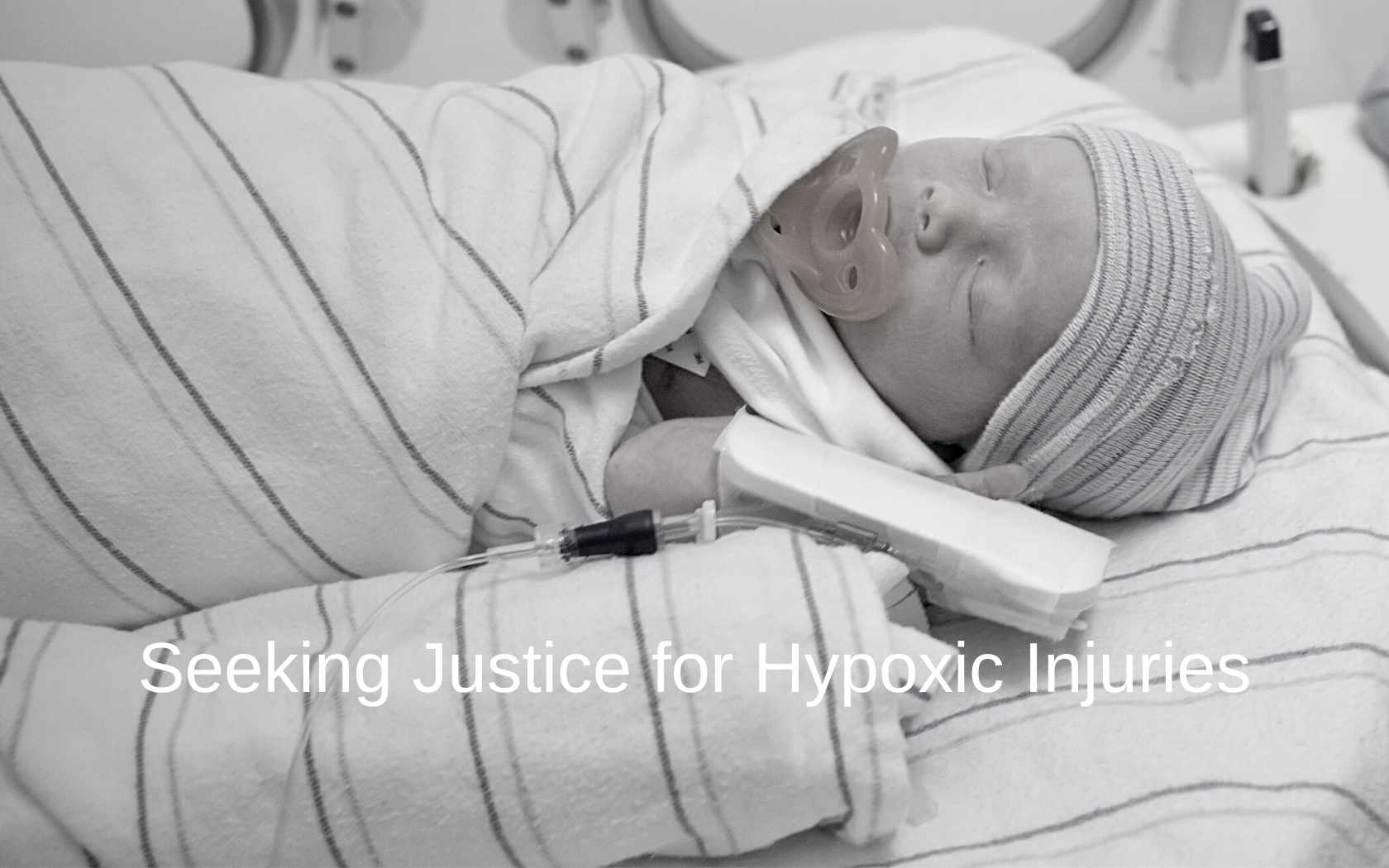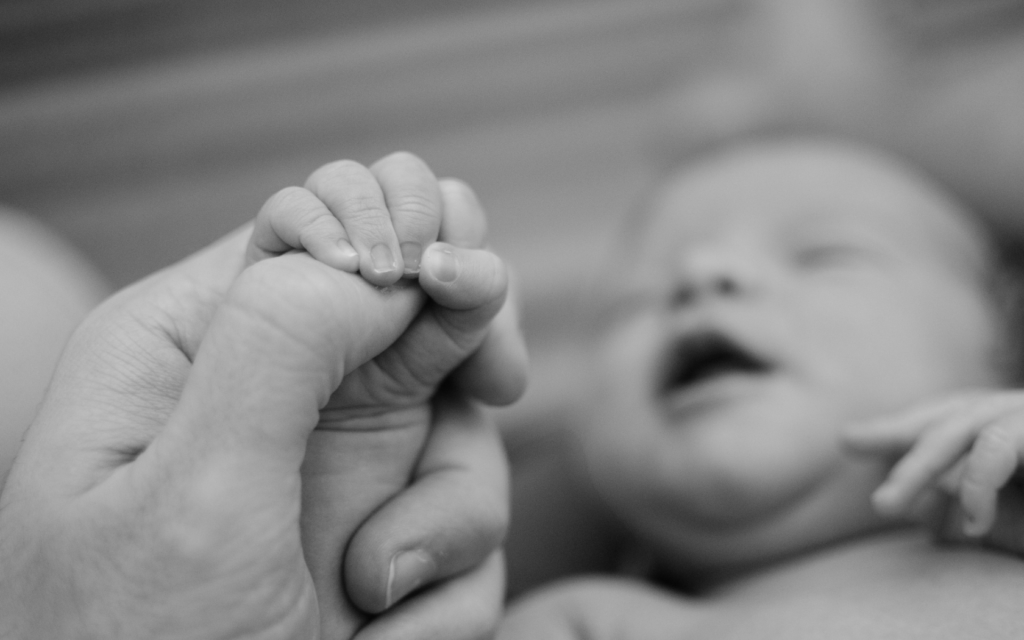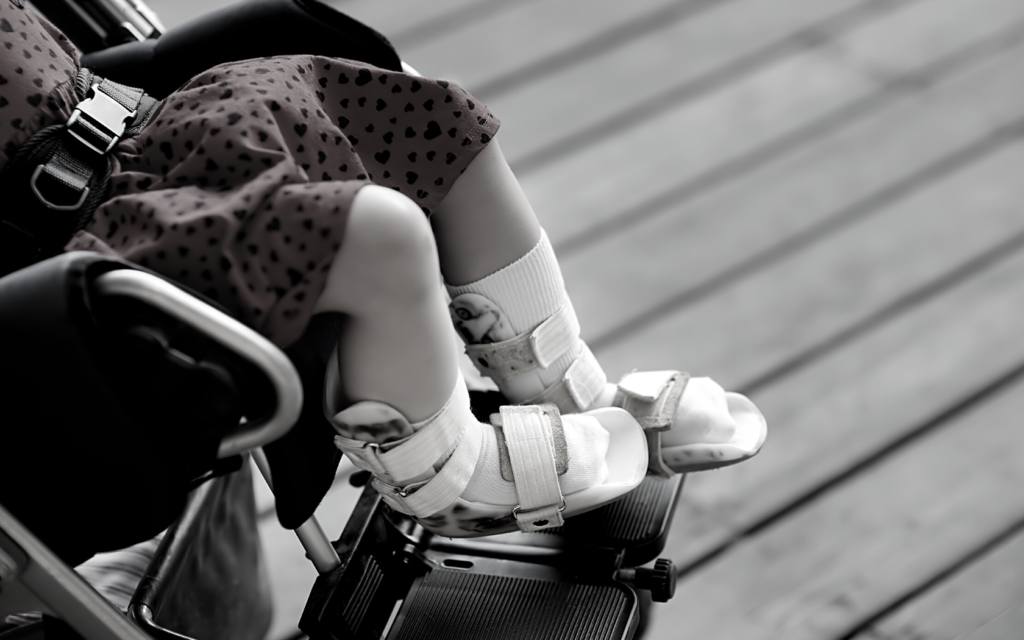Hypoxic brain injury symptoms in babies are often more like silent signals than blaring sirens. The cues may be small, but the implications of them are enormous. That’s why it’s so important for both doctors and parents to know how to spot them.
Missing the signs can mean missing out on early treatment. This is especially true for newborns. Without prompt treatment, infants with brain injuries may experience more significant impairments than if their condition had been detected early. They can develop lifelong issues that can’t be cured.

What is a Hypoxic Brain Injury?
Your brain is like a computer that needs oxygen to work properly. A hypoxic brain injury happens when the brain doesn’t get enough oxygen for some time. It’s similar to a computer freezing up because of an electrical short.
A lack of oxygen can harm brain cells. If the oxygen shortage goes on for too long, there can be lasting problems with how the brain functions.
Situations that could cause a hypoxic brain injury in a child or adult include:
- Suffocation or strangulation
- A head injury
- Drowning
- Stroke
- Heart attack
- Seizures
- Carbon monoxide poisoning
- An issue with anesthesia during surgery
- Drug overdose
Hypoxic Brain Injuries Can Happen at Birth
A hypoxic brain injury can also occur before, during, or after childbirth. In that case, it’s called hypoxic-ischemic encephalopathy (HIE) or birth asphyxia. It’s a serious brain disorder in which a newborn doesn’t get enough blood flow and oxygen to the brain. There are many ways this could happen, including:
- An umbilical cord accident
- Becoming stuck in the birth canal
- Labor that goes on too long
- Acquiring an infection from the mother
- Uterine rupture
- The mother has preeclampsia or eclampsia (high blood pressure)
- Skull trauma from a fall or improper use of forceps
Some babies make a complete or almost complete recovery from a hypoxic brain injury. But many suffer permanent brain damage. Even just a few minutes without oxygen can mean a child will have developmental delays and intellectual issues for their lifetime.
Hypoxic Brain Injury Symptoms in Newborns
Not all babies show the same symptoms when they’ve suffered HIE. The severity of their symptoms depends on how long they were deprived of oxygen.
But the most common symptoms of a hypoxic brain injury in babies include:
- Difficulty breathing
- Bluish or pale skin
- Weakness or lethargy
- No interest in feeding, or difficulty latching onto the breast or bottle
- Slow heart rate or irregular heartbeat
- Twitching or involuntary movements
- Seizures
- Low Apgar Scores (Apgar scores assess a newborn’s overall health after birth)
- Unusual eye movements or trouble focusing
- Weak or absent reflexes
- Floppy appearance

Symptoms of a Hypoxic Brain Injury in Adults
Some of the signs of brain oxygen deprivation in adults and children are different from those of a baby. It may be easier to tell that something is wrong because adults typically have the capacity to respond. The absence of a response can indicate a problem.
Hypoxic Brain Injury Symptoms in Older Children/Adults Include:
- Slurring their words
- Appearing disoriented
- No response when you ask them a simple question
- Dilated pupils
- Rapid breathing, slow breathing, or no breathing
- Skin and lips appear bluish or grayish
Prognosis for People with Hypoxic Brain Injuries
A brain injury from lack of oxygen can be catastrophic, causing a person to pass away. In one study of patients with hypoxic brain damage who underwent rehabilitation, 75% had a “poor outcome”. This means they had to undergo extensive treatment or live in a nursing care facility. Nearly 9% passed away.
For newborns with HIE, the mortality rate and prognosis vary based on how severe the episode of oxygen deprivation was. It also can depend on how long it takes doctors to recognize hypoxic brain injury symptoms and treat them. The sooner a baby receives treatment, the better the outcome.
Here are some statistics about HIE prognosis according to the Florida Neonatal Neurologic Network:
- Only about 5% of infants with mild HIE will have a handicap
- 25% to 75% of infants with moderate HIE are severely handicapped or die in early childhood
- 75% of infants with severe HIE die early in life or have a severe handicap.

Long-Term Effects of a Hypoxic Brain Injury
A hypoxic brain injury can cause lifelong disorders, such as:
- Cerebral palsy
- Speech and language disabilities
- Seizure disorders
- Vision and hearing problems
- Developmental delays
- Neurodevelopmental disorders
- Memory and attention problems
- Behavioral and emotional changes
If you recognize hypoxic brain injury symptoms in your loved one, it’s important to tell your doctor right away. Should you have any suspicion that a doctor’s negligence led to the injury, contact a birth injury lawyer. You may be eligible for compensation to cover treatment costs.




